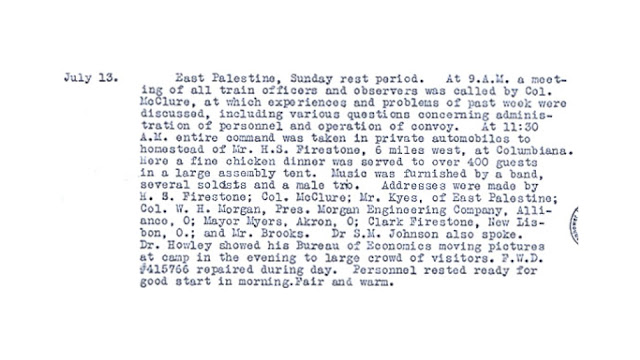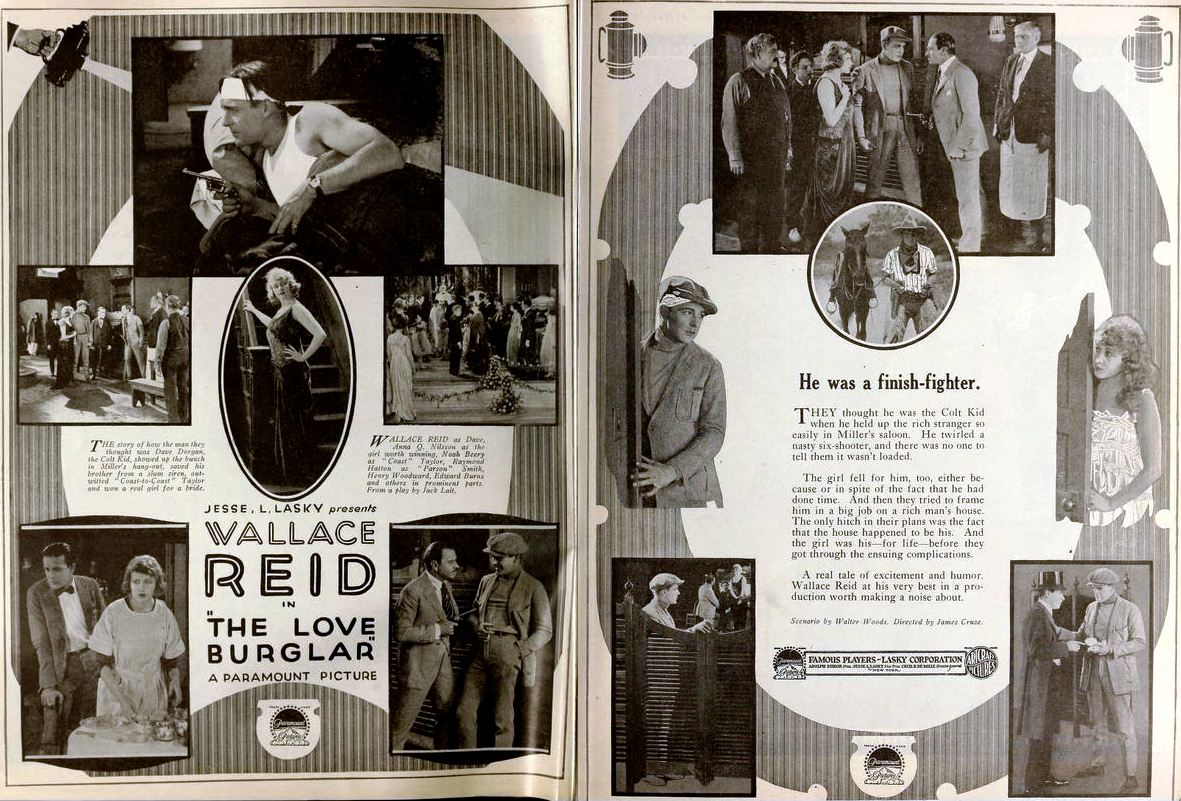Sunday by tradition and Christian canon is a day of rest, and that's what the 1919 Motor Transport Convoy somewhat did on that day. They didn't advance in their trip. Indeed, the diary of their progress noted the day as one of rest.
In spite of it being day of rest a FWD truck was repaired. FWD's were a really heavy truck of the period that had a very good reputation. FWD stood for Four Wheel Drive and the company that made them was the Four Wheel Drive Auto Company.
1917 FWD advertisement in The Horseless Age.
Not surprisingly, during World War One the Army purchased quantities of FWDs, more specifically FWD Seagrave Model Bs and FWD Model Gs which look a bit like the truck in the advertisement above, but which were somewhat smaller. The Model G in fact had pre war service with the Army and had been used in the Punitive Expedition. With four wheel drive, they were really pioneering trucks quite ahead of their times.
Elsewhere, rest came to Longview Texas where Federal Marshalls were now in charge and took the stop of temporarily impounding firearms in the town.
Mr. Daniel Hoskins, the oldest resident of Longview Texas following race riots posted with temporarily impounded firearms, July 13, 1919. The firearms are also pretty ancient and I suspect his depiction with them was for effect.
Of course, it being a Sunday, new movies were out, not all of which were wholly pacific.
A Man's Country featured a bar maid and a minister who come to see each other in a different, and of course romantic, light.
The Love Burglar featured one of those endlessly complicated silent movie plots which makes you wonder how they packed so much into something that had no sound and depended for story development solely on the acting alone, with print of course.
Speaking of love
They Cheyenne State Leader, being one of the few papers that put out a Sunday edition in 1919, reported that the George Washington, a troop ship was equipped now with a nursery to bring home the children of U.S. solders born overseas to French brides.
The number of war brides brought over to date was 327, and of the 327 brides, 16 had given birth prior to embarkation. That really wasn't that large of a number in context actually.






No comments:
Post a Comment